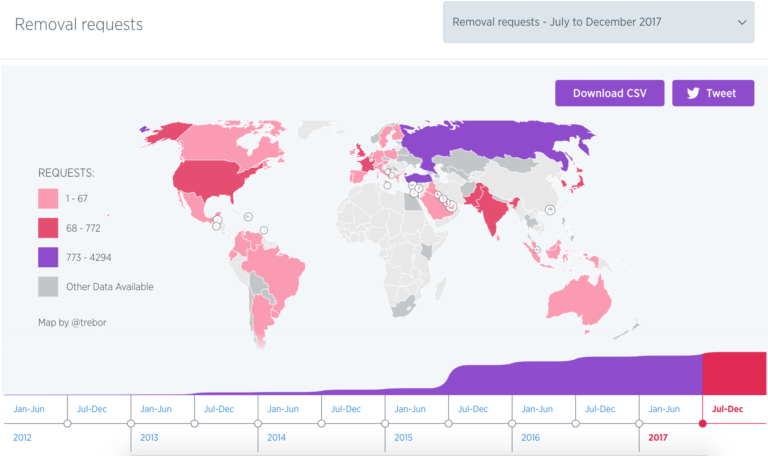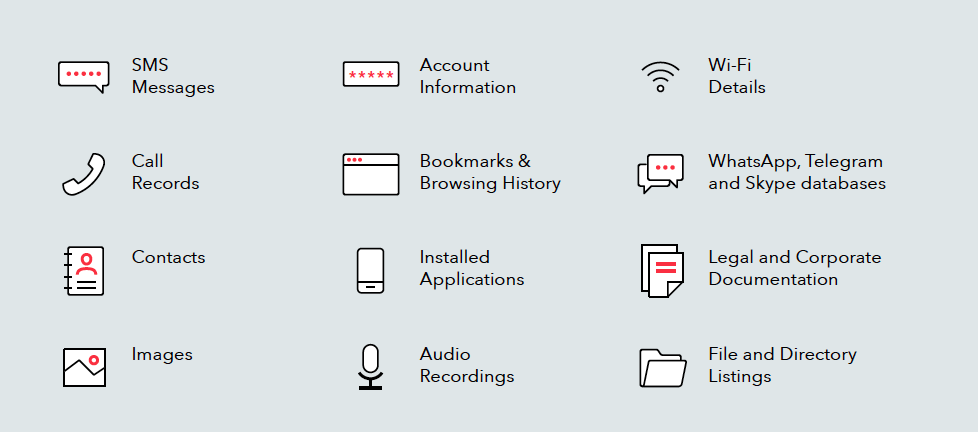The latest updates on digital rights from West Asia and North Africa

Categories
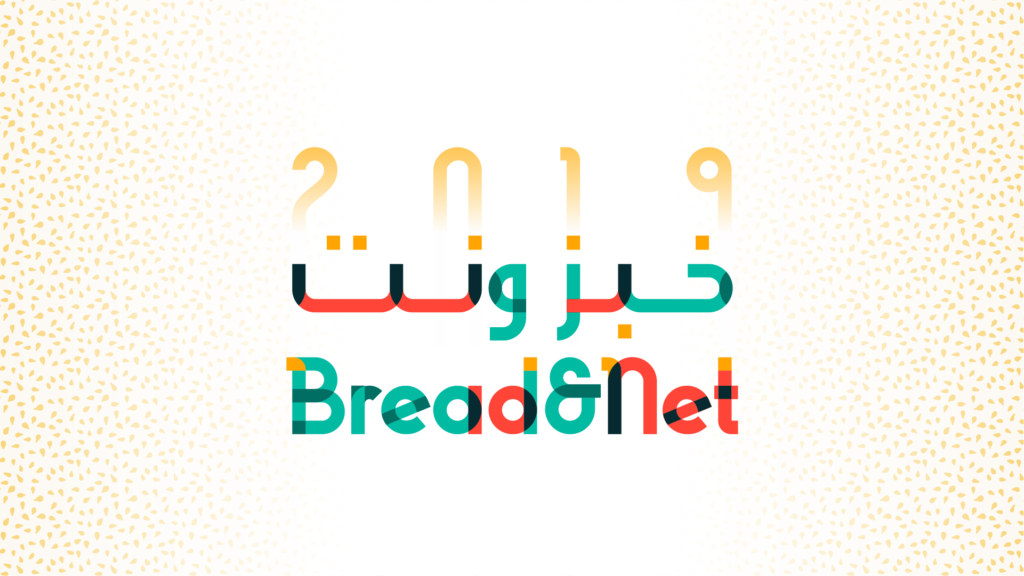
Save the Date: Bread&Net is back! 15 to 17 November 2019
SMEX is thrilled to announce the return of Bread&Net, the annual Arabic-language unconference to strengthen and defend human rights in…
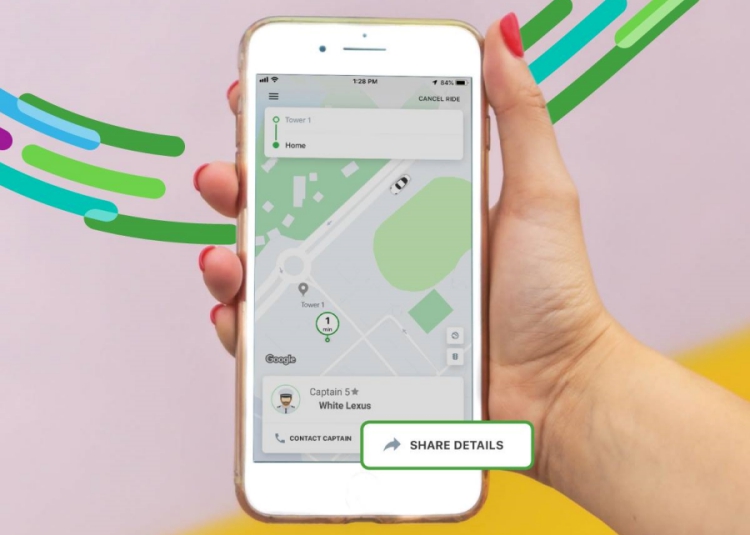
Dear Careem, Stop Sharing Riders’ Personal Information with Drivers
It was recently revealed that Careem, the Emirati-based ride hailing company, recently purchased by Uber, routinely shares riders’ full names…

Uber buys Careem: What does that mean to us as consumers?
On Tuesday, Uber announced that it acquired Careem, the sole competitor in the Middle East, for $ 3.1 billion. $…
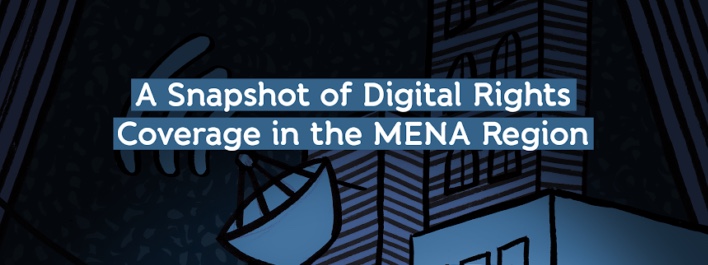
A Snapshot of Digital Rights Coverage in the MENA Region
Introduction One day in early 2015, Habib Battah, an investigative journalist who operates the website Beirut Report, noticed new construction…
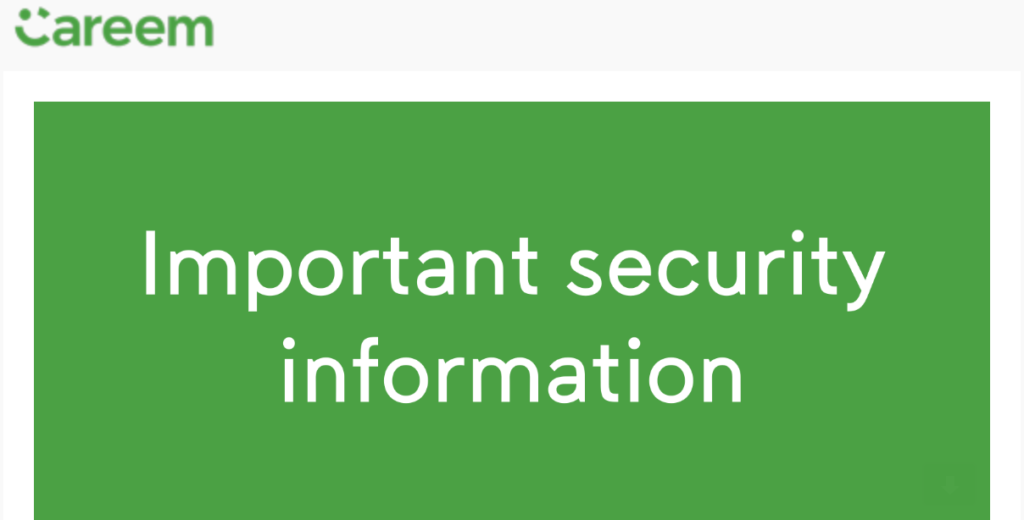
Careem Reports that the Data of 14.5 Million Users Has Been Compromised
On Monday, Careem, the Dubai-based ride-hailing company operating in the MENA region, Turkey, and Pakistan, announced that it learned “online…


